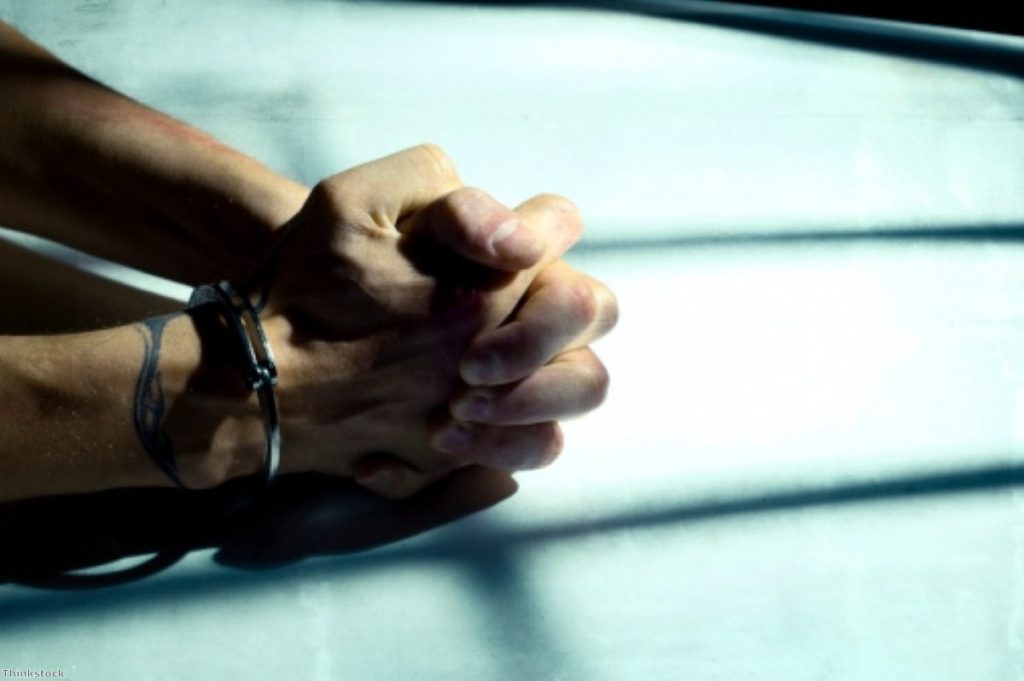A U-turn on the book ban is not enough
The push for a repeal of the ban on sending prisoners books has kept up its momentum through the week. It's not inconceivable that we could eventually see some measure of U-turn on the issue.
If so, it would almost certainly take the form of excluding books, and possibly magazines, from the ban on parcels being sent to prisons.
This would not be enough.
The ban on parcels also includes, by definition, a host of other necessary items being sent to prisoners. Items like toothpaste or underwear or deodorant.


It is not enough to say merely that books are excluded. No necessary item should be banned.
Chris Grayling has proudly included necessary items in the ban as part of his incentives and earned privileges system. He calls this a right-wing solution. The left-wing solution, under his strangely violent and tribal world view, is for prisoners to have anything – a paradise of 18-certificate videos and Playstations.
If prisoners want these privileges, they can earn them, Grayling says, and buy them in the prison shop.
Grayling makes no effort to disassociate luxury items from necessary ones. To him, books are the same as Playstations, deodorant is the same as perfume, a new T-shirt is the same as underwear.
The justice secretary isn't talking about privileges at all: he's talking about humiliation.
Forcing a woman to sit in filthy clothes, locked up for hours a day, with nothing to entertain her: this is sadism. It is not rehabilitation and only the most deceptive or incapable of minds would describe it as such.
One can still believe in incentives while opposing this. It is perfectly sensible to make prisoners earn their way to getting a games console or other luxury items. Where an earned privileges scheme applies to luxury items, it lives up to its name. Where it applies to necessary items it is a purposeful programme of dehumanisation.
If we do get a U-turn on the book ban – and that in itself is a big if – don't let them buy you off with an exemption just for books. This is about more than that. This is about how we treat prison: Is it a place to humiliate offenders or rehabilitate them?









